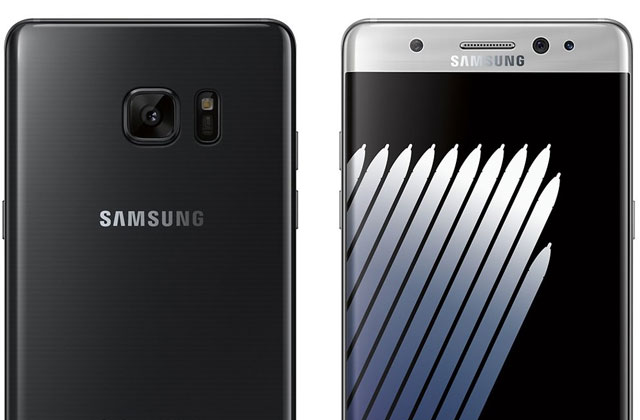
Twenty-two billion dollars. That’s the value that was wiped off the market capitalisation of Samsung Electronics in two days last week as investors took stock of implications of a global recall of its latest flagship smartphone, the Galaxy Note7.
But the reputational damage is likely be short-lived, analysts believe, provided the company manages the crisis precipitated by reports of exploding Note7 batteries properly – and all indications are that it has fully appreciated the gravity of the situation.
The crisis comes at an unfortunate time for Samsung. Not only had the Note7 been receiving highly positive reviews by the technology press — with some calling it the best device the Korean manufacturer has made — but the large-screen phone has been stealing some of the limelight from arch-rival Apple in the weeks leading up to the launch in California this week of the iPhone 7 and 7 Plus.
Brian Neilson, research director at Johannesburg-based BMI-TechKnowledge, said there’s no doubt that the battery crisis will inflict short-term reputational damage on Samsung.
Its decision to recall millions of Note7 units “is obviously the right thing to do”, Neilson said. “But they have gone beyond this – at least in their home market of Korea – by softening the blow by giving consumers a temporary replacement smartphone on loan. If they could do this in all 10 countries in which the 2,5m ‘phablets’ were recalled, that would be a huge demonstration of goodwill, mirroring the high levels of service Samsung users in South Africa have grown used to when having a broken screen replaced for free, and even while you wait, at their carry-in repair centre in Johannesburg, for example.”
He said Samsung must be relieved that it was the Note7 and not its smaller handsets, which sell in much higher volumes, that had to be recalled. “Two-and-a-half million is a large recall, but nothing like the almost 300m units it ships annually.”
The debacle surrounding the Note7, which hadn’t yet gone on sale in South Africa, may prompt some consumers to consider large-screen devices from Chinese rivals and from Apple. “But those in the market for a smaller Samsung phone are still likely to keep the brand near the top of their list,” said Neilson.
- This article was first published in the Sunday Times




